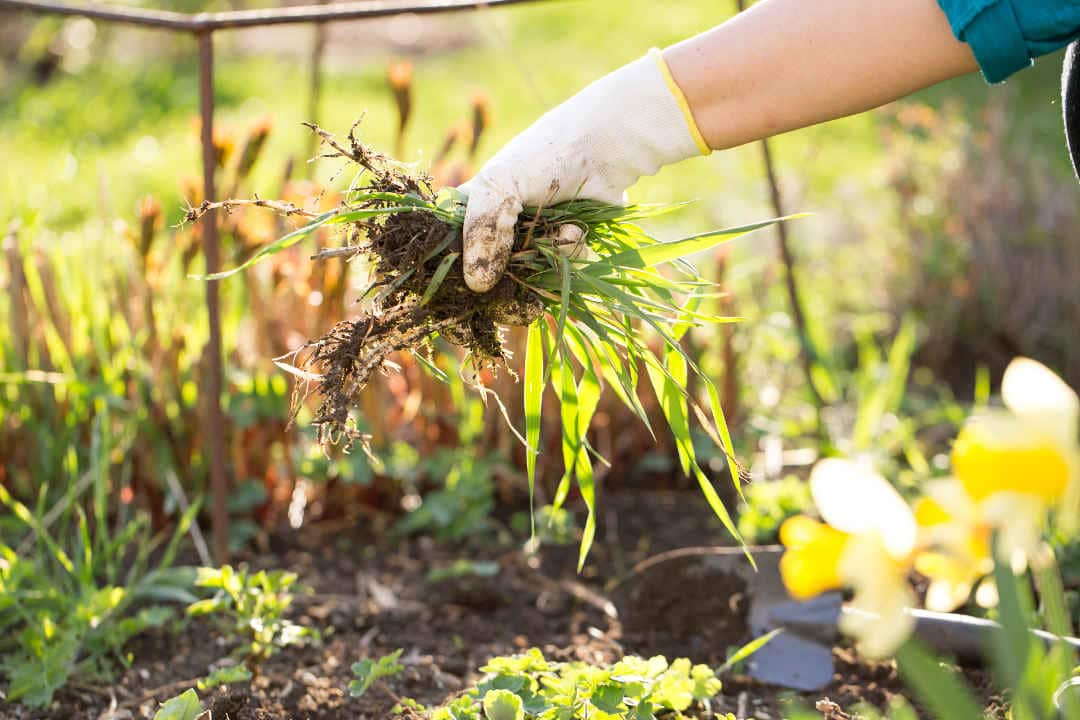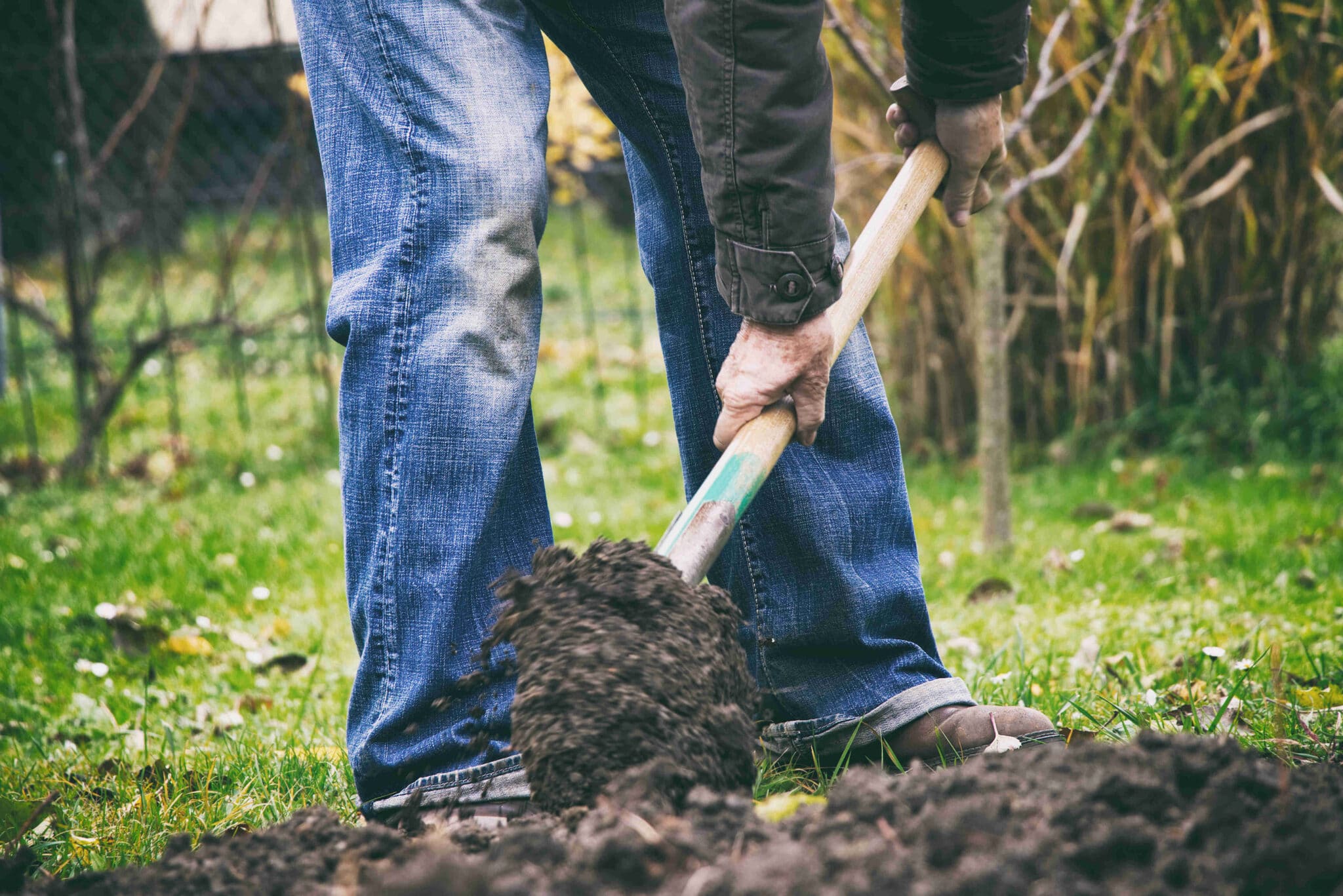No products in the cart yet. Keep shopping.
Gold Star Recyclers – Vilis Family Bakery
Vili's Family Bakery - Gold Star Recycler “I hate waste!” Vili Milisits, South Australian entrepreneur and owner of the iconic Vili’s Bakery, is...

Spring is all about flowers, colour, vegies, and new life coming back into the garden, and while it doesn’t look like it at the moment, there is a lot going on below ground. It is what you do now which will make all the difference to how your garden grows.
Here are some of our top tips for getting your garden ready for spring bling!
Pull out any weeds that have survived the winter. It is easier to remove the weeds while the soil is moist and weeding now will stop competition with the plants you do want to grow.
At the same time and remove any diseased leaves that have fallen into the garden, and check for pest infestations like snails and slugs. If you find there are lots of pests, dealing with them now will help prevent problems in Spring.
This article by Better Homes and Gardens has lots of details of different weed types and strategies for dealing with them.


Enrich the soil with compost and organic matter. Improving the soil now will give your garden flowering and growing power for Spring and Summer.
If you have new beds you can dig it in the depth of your spade.
If you are reviving existing garden beds, scratch Jeffries Organic Compost into the top 10cm or so of soil, being careful not to damage any roots.
Don’t forget your raised garden beds, and wicking beds, which will also thank you for adding Organic Compost in. If you need to add more soil to these areas then Jeffries Veggie & Garden Soil is ideal as it contains Organic compost as well as resists compaction which is commons in beds like this.
Check the pruning requirements for the plants in your garden and cut back any plants that are too big.
If you haven’t done it already finish cutting back herbaceous perennials and prune your roses. They might look a bit sad in the garden now, but in general pruning now will reward you with strong healthy plants and beautiful flowers in spring and summer.
This episode of Gardening Australia features Sophie Thomson showing how to prune perennials.
Don’t forget plant clippings can be added to your organics bin to be recycled into compost, soil, and mulches.

Plan out your vegie bed. Get the soil in tip top condition with organic compost and well rotted animal manure.
If you are organised you can also get a head start and put in the infrastructure for climbing vegies, check your irrigation system and start your seeds in seed raising trays ready for planting when the soil is warm enough.
Give everything a water with a soil conditioner containing humic acids and seaweed. It will help stimulate healthy growth above and below ground and get your plants off to a great start.
Vili's Family Bakery - Gold Star Recycler “I hate waste!” Vili Milisits, South Australian entrepreneur and owner of the iconic Vili’s Bakery, is...
Jeffries CulChar is the perfect organic fertiliser for garden beds, lawns and native plants: with the added benefits of our secret ingredient.
Jeffries latest innovation, Jeffries CulChar, is a complete, certified organic, slow-release fertiliser, including essential trace elements and minerals. The inclusion of Jeffries BioChar works together with the organic carbon of the included compost as a long-term soil conditioner. Jeffries CulChar is a very complete and cost-effective nutritional offer that is safe to use in direct contact with plants and their root systems.
Let’s take a closer look at how Jeffries CulChar works and compare how it performs next to other organic fertiliser alternatives.
There’s no denying that Jeffries Organic Compost is a useful soil amendment. Among its many benefits, it improves aggregate formation, porosity,...